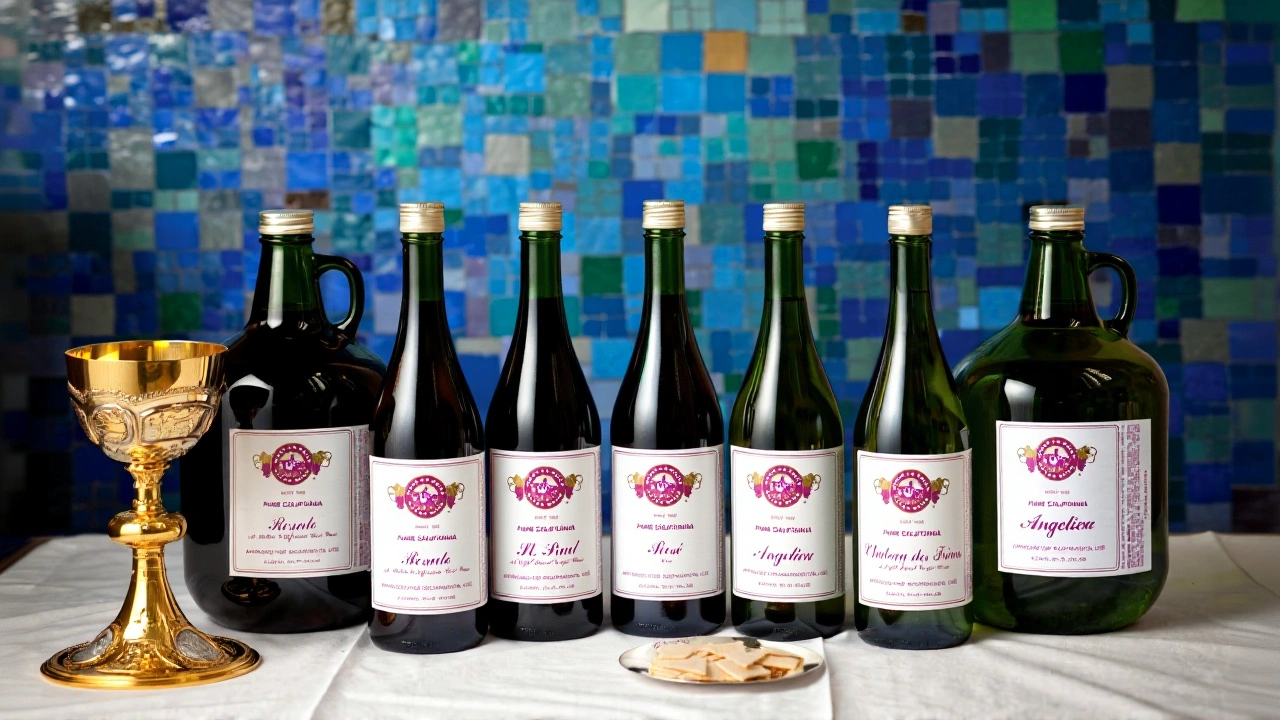Altar Wine Explained: Meaning, Use, and Making
When talking about Altar Wine, the wine consecrated for the Eucharist in Christian worship. Also known as sacramental wine, it is a type of sacramental wine, wine set aside for liturgical rites that must meet specific standards of purity and alcohol content. In the context of a communion, the rite where believers receive the body and blood of Christ, altar wine plays the role of the symbolic blood. The ceremony of liturgy, the official public worship of the Church embraces altar wine as a tangible sign of spiritual grace. These connections form several semantic triples: altar wine is a type of sacramental wine; communion requires altar wine; liturgy embraces altar wine as a symbol of Christ’s blood. Understanding these basics helps anyone who is curious about the purpose and rules behind the wine used at the altar.
How Altar Wine Is Made and What Affects Its Quality
The production of altar wine starts with careful grape selection. Only certain altar wine grape varieties—often those that yield a clean, neutral flavor—are chosen because the focus is on the sacramental symbolism, not on tasting notes. Winemakers must ferment the juice to reach an alcohol level of at least 12% but typically aim for 13–14% to meet canonical guidelines. After fermentation, the wine is filtered to remove any sediment, ensuring it remains clear, as cloudiness can be seen as a sign of impurity. Storage conditions matter, too: the wine should be kept in a cool, dark place to preserve its stability over years of use. Regulations set by religious authorities dictate that no additives, flavorings, or preservatives may be introduced once the wine is designated for altar use. These rules create a direct link: wine grape varieties influence altar wine’s flavor profile, and regulatory standards shape altar wine production. Because the wine may be used repeatedly across many services, its durability and consistent taste are essential for maintaining the reverence of the Eucharist.
Beyond the technical side, the choice of altar wine can affect the worship experience. Pastors and liturgists often prefer wines that are neither too sweet nor too acidic, allowing the congregation to focus on the spiritual act rather than the palate. Some churches opt for locally produced altar wine to support regional vineyards, which also ties the community’s agricultural heritage to its worship. When selecting a supplier, they look for certifications that confirm the wine complies with the required purity standards. By understanding the production process, the role of grape varieties, and the strict guidelines, readers can appreciate why altar wine holds a unique place in Christian rites. Below you’ll find a range of articles that dive deeper into each of these aspects, from detailed production manuals to practical tips for churches seeking the right wine for their altar.

Quebec Police Seize 8,000 Bottles of Altar Wine in April 2021 Raid
Police seized 8,000 bottles of altar wine in Quebec on April 9, 2021, sparking a supply crisis for Catholic parishes and prompting a temporary SAQ discount program.